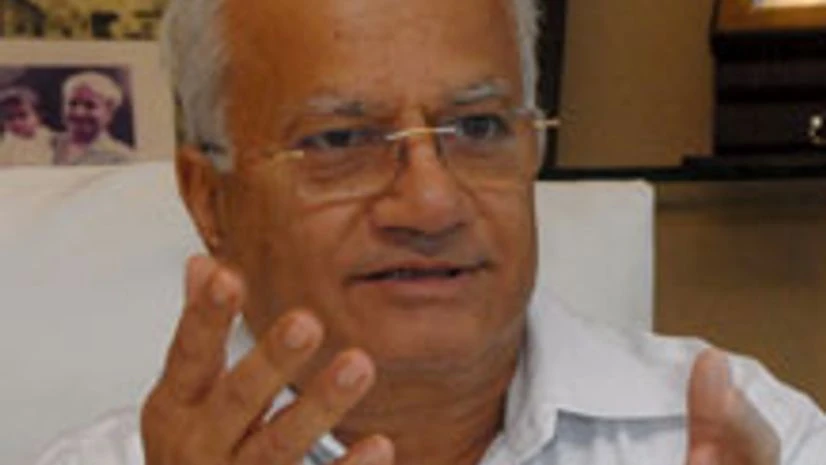It was Bisleri International Chairman Ramesh Chauhan who sold brands Thums Up, Gold Spot, Limca, Maaza and Citra to Coca-Cola 20 years back. The erstwhile ’king of soft drinks’, as he was popularly called, may have concentrated on water since then with Bisleri, but his younger brother, Prakash Chauhan, has forayed yet again into carbonated beverages last month. Chauhan senior has built Bisleri into the number-three packaged water brand (after Coca-Cola’s Kinley and PepsiCo’s Aquafina) but what does he think of Cafe Cuba’s launch? He speaks to Viveat Susan Pinto about it, along with his plans for Bisleri. Edited Excerpts:
What are the key challenges in selling packaged water?
I would say transportation. How do you deliver this product at an affordable price? One way is to set up plants where consumers are located – something that is increasingly becoming common in the food and beverage industry. But when it comes to setting up plants, not all of it can be company-owned. Some of it will be outsourced to contract manufacturers. The challenge is to find the right partners.
More From This Section
We have 52 plants at the moment. Of these, 10 are owned by us and 33 belong to contract manufacturers. We are absent in Kerala. That is one market where we have no plants. In the rest of the country, we do have our plants, including the North-East and Jammu & Kashmir.
While Bisleri has a strong retail footprint, you are not present in the CSD (canteen, stores, departments) channel like Kinley or Aquafina. Does all-round presence in beverages give them an edge over you?
You can say so. But let me add here that the business of colas is a declining business all over the world.
In America, which is the homeland of carbonated beverages, people are betting more on water than soft-drinks. Coming back to your point on improving our presence in CSD, of course, we would like to be everywhere. This is a gap we have to plug. We are working on this.
Coca-Cola recently celebrated 20 years of its re-entry back into India. In hindsight, do you think it was a good move to sell your carbonated beverage portfolio to them?
There was not much of a choice. We had 62 plants producing Thums Up and Limca, of which only four were owned by us, 58 were not. Of these 58, quite a few wanted to go with Coca-Cola. PepsiCo had already come into the country by then. Remember, this was that time when everything foreign was viewed as being glamorous. I don’t blame the bottlers for wanting to go with Coca-Cola. We could handle Pepsi. But we couldn’t handle Coca-Cola and PepsiCo together. The kind of money they had, there was no way we could spend in the fashion that they could. The sale was logical, but emotionally disturbing.
Your younger brother, Prakash, recently announced that he was getting back into carbonated beverages with Cafe Cuba. Will it be easy taking on Coke and Pepsi?
Cafe Cuba is not a cola. So, there is no question of it competing with Coke and Pepsi. Yes, it is a carbonated drink. But so is Red Bull. But you don’t take the latter as competition to Coke and Pepsi, right? The same applies to Cafe Cuba. You can’t classify all carbonated beverages in one slot.

)
